The Problem of Evil is a problem for theists: If God is all-good and all-powerful, then why does he allow people to harm, torture, and kill others? (See Newtown.)
One common theist answer involves free will: God respects freedom of choice, and allows the wicked to fill the cup of their iniquity to overflowing, so that their punishment will be just.
Which is rubbish.
1) What about the free will of those kids in Newtown? Why isn’t their choice to stay alive respected? How come the shooter is the only one whose freedom of choice must be maintained?
2) I think freedom of choice is important, but if I saw someone about to gun down a seven-year-old, and I had all power, I’d stop them. I’d be terrible if I didn’t. God doesn’t. (This is the Tracie and Matt argument.)
And that last point brings me to a new twist on this theme, which I’m going to call ‘The Problem of Forgetfulness’.
Did you know that hundreds of children have died in hot cars because their parents spaced out and left them there? It’s awful. Maybe they fall asleep in the back, maybe the parent’s mind is occupied, they go about their day, and only remember hours later with a guilty start that they never went to daycare that morning. By that time, the child is dead.
Read this Washington Post article for all the heart-breaking details. This has vaulted to my number-one parental fear.
The answer to the problem, Fennell believes, lies in improved car safety features and in increased public awareness that this can happen, that the results of a momentary lapse of memory can be horrifying.
What is the worst case she knows of?
“I don’t really like to . . .” she says.
She looks away. She won’t hold eye contact for this.
“The child pulled all her hair out before she died.”
Imagine being that child, alone during those stifling hours. This is not a nice way to go.
Now let’s say you’re lucky and you run across such a car on your way through a parking lot. The car is searing, and the child is alone and crying. What would you do? You’d kick a hole in a window, wouldn’t you? Attract some attention? Get that kid out somehow. Or… would you just sit and watch for hour after hour?
God (in the believer’s imagination) could do any of those things. Because he has all power, he could also cause a fault in the car that makes the horn sound. I had a car like that once. The horn went off and wouldn’t shut up. It attracted a lot of attention. He could send some inspired soul around — that would make a great testimony story. But no, God sits and watches as the child suffocates in agony. And this scene is repeated a few times every year.
You can’t really invoke free will as an explanation. It wasn’t the parent’s choice to forget the child, not really. It was a stupid and fatal mistake. A god would know that, and give the child a break. But no. The deaths continue.
I’ve never heard a good response to the Problem of Forgetfulness. It’s much more likely that this god doesn’t exist, rather than imagining that he has a good reason for letting toddlers die in torment. But if you’re a believer, and you want to defend your god’s striking lack of initiative, please leave your explanation in comments. Just be aware that, due to the inevitably callous nature of these justifications, you run the risk of making yourself or your god sound like kind of a jerk.
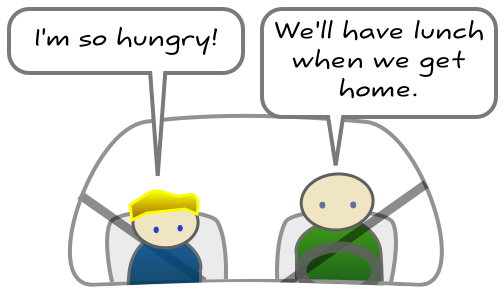



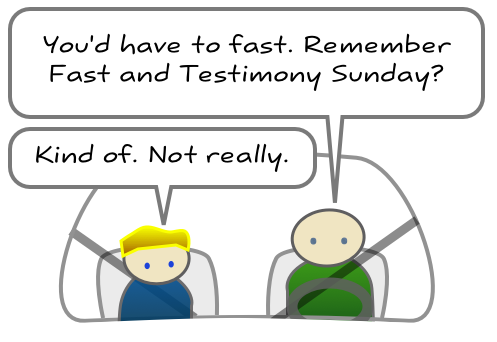
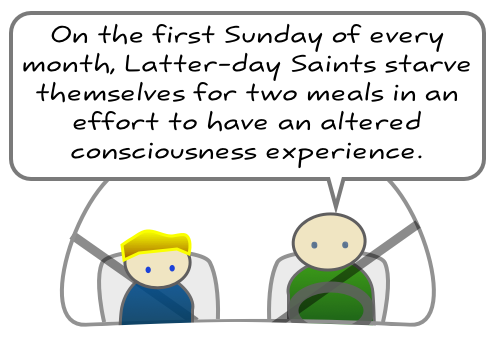
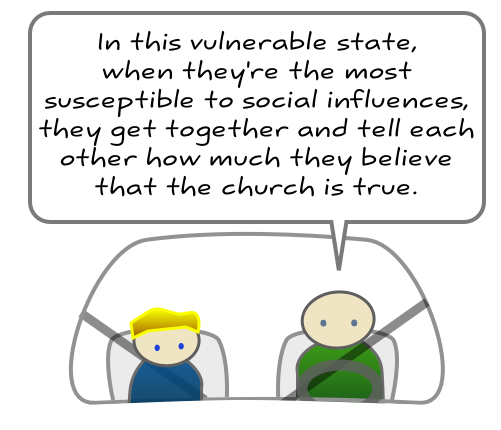
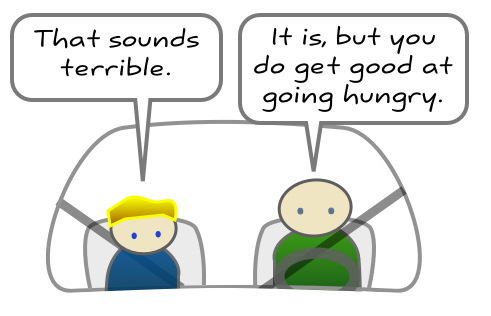
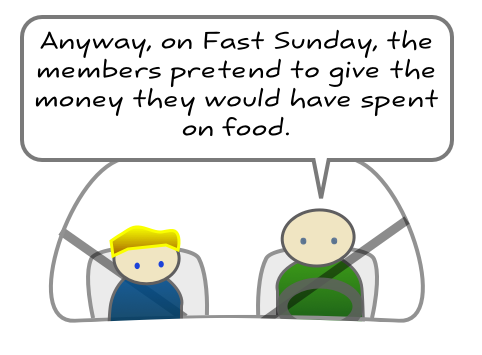
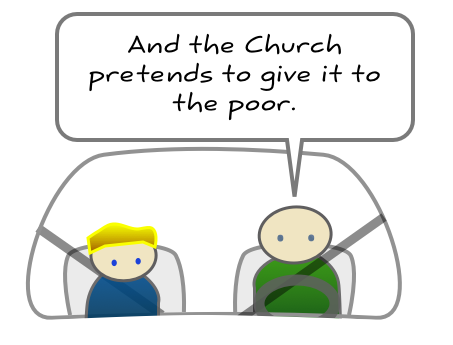



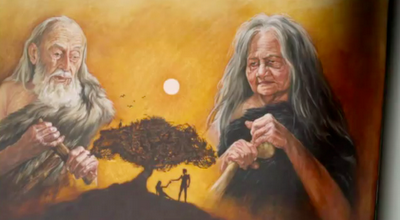



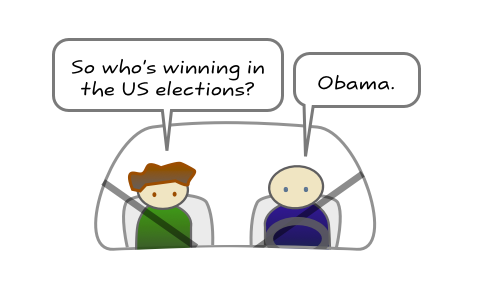

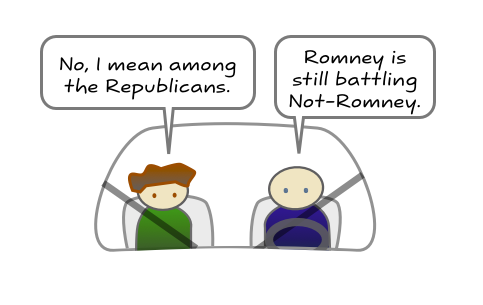
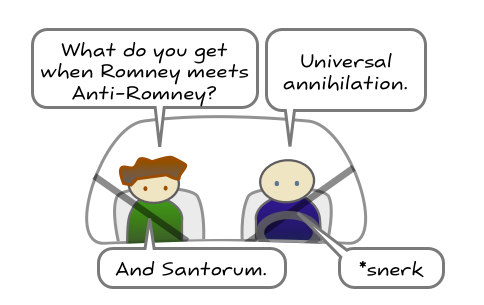
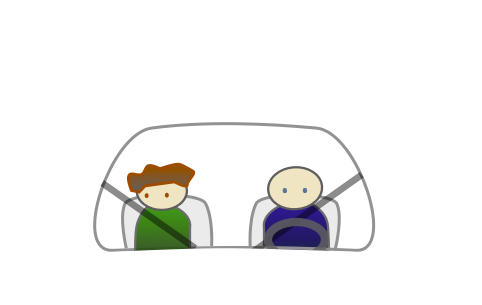
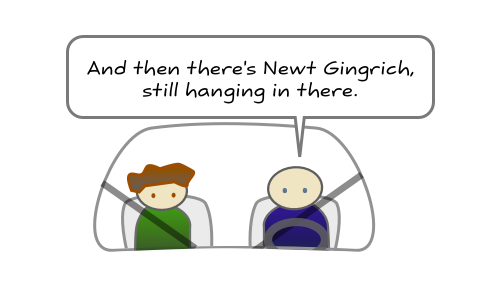
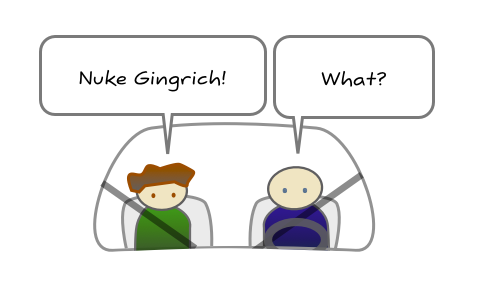
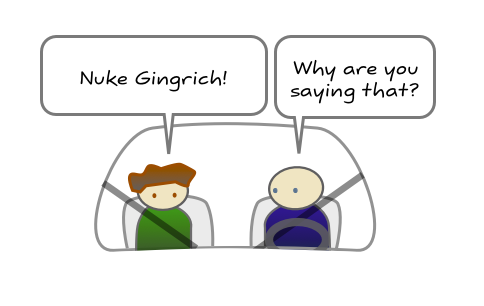
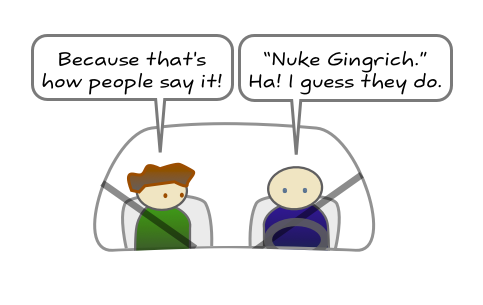
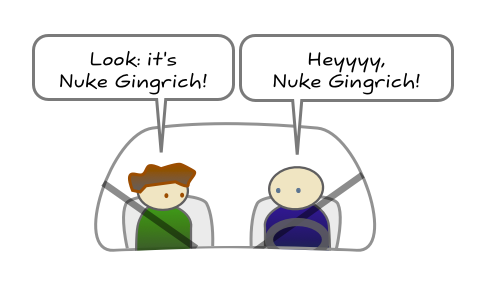


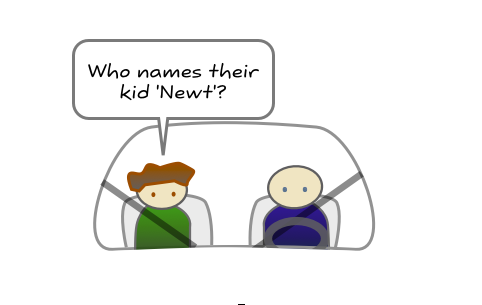
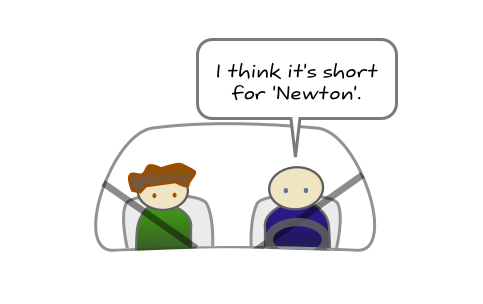








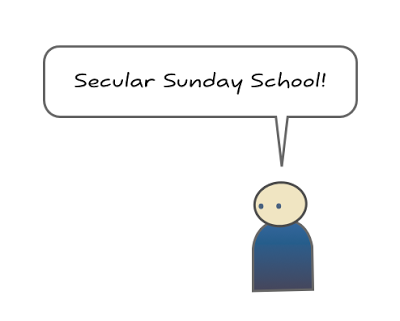



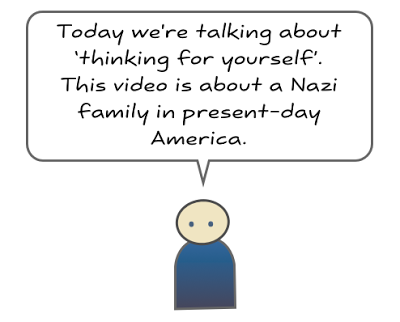

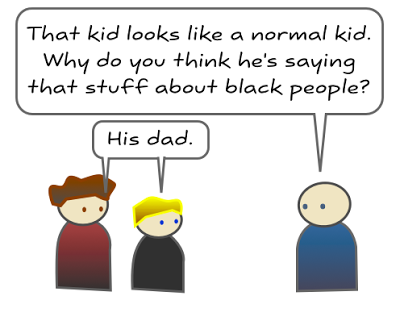
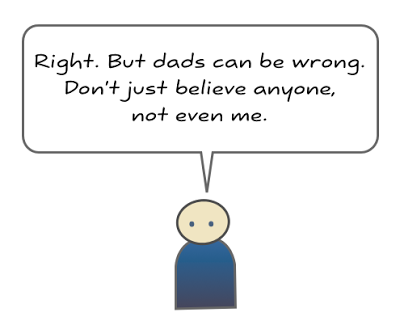
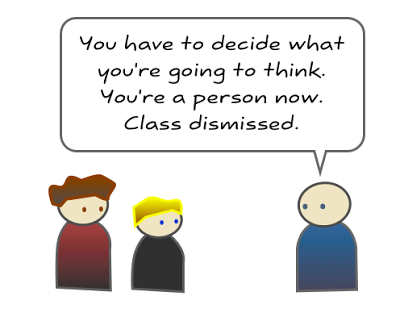
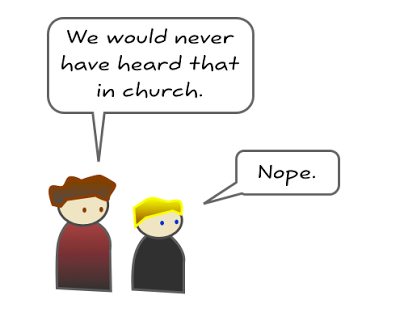
Recent Comments